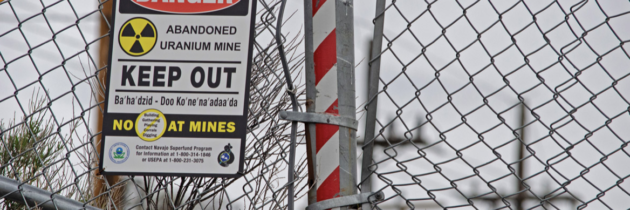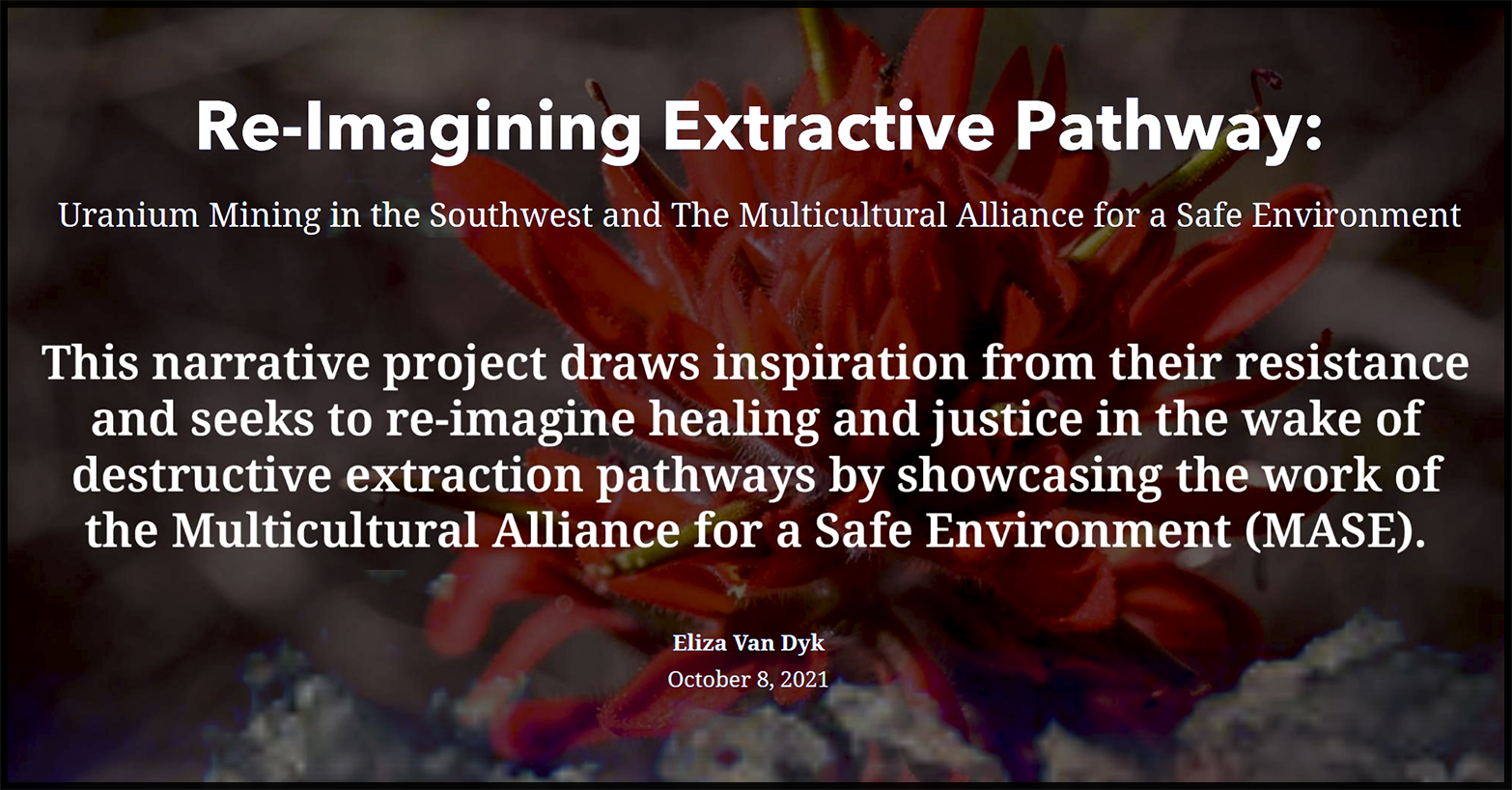While ‘zombie’ mines idle, cleanup and workers suffer in limbo
Instead of paying to clean up the mess left by mining, companies are warehousing their operations indefinitely.
Image credit: Mark Olalde/Center for Public Integrity
Sept. 4, 2019
This investigation was produced in collaboration with High Country News, The Center for Public Integrity and the Ohio Valley ReSource.
The sound of metal banging against metal broke the calm on the high mesa separating Colorado’s Paradox and Big Gypsum valleys. An old rusted headframe marked the entrance to an abandoned uranium mine that, from a distance, looked as if its workers were simply off on a lunch break.
Jennifer Thurston, a local environmentalist, paused at the edge of the dirt road, wondering what caused the noise. Then she walked closer, finding ample evidence of the site’s long disuse. Ore sat in a hopper, likely untouched since the mine — known as Van 4 — last produced in 1989. Any loose metal and wiring had long since been stripped from two buildings, one of which looked ready to collapse.
“They’re just sitting out there doing nothing,” Thurston said of the uranium mines dotting southwestern Colorado. “They’re zombies.”
Meanwhile, about 1,500 miles away, out-of-work coal miners spent weeks this summer protesting, camped out on Kentucky railroad tracks, demanding a paycheck they earned but lost when their operator went bankrupt. Though separated by a generation, along with most of a continent, these Eastern miners are linked to their Western counterparts by a seismic shift in the nation’s electricity generation.
Their mines once fueled the coal and nuclear power plants that kept America’s lights on. Now, cheaper natural gas and renewables are helping push them into the red.
But instead of properly closing the mines, their owners are idling them indefinitely, throwing workers into limbo and side-stepping legally mandated, but costly, environmental cleanup.
Several dozen U.S. uranium mines and more than 150 coal mines sit idle and have not produced for years, according to a Center for Public Integrity investigation. Also idled long-term are facilities such as processing plants, including more than 40 in the coal industry. Mine owners have exploited regulatory loopholes to warehouse their operations, changing the status of their permits on paper while little to no activity happens on the ground.
To read complete story click here






